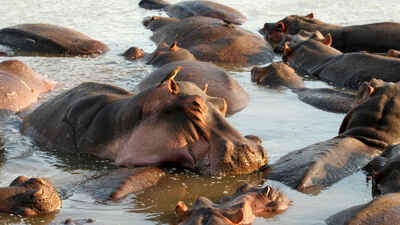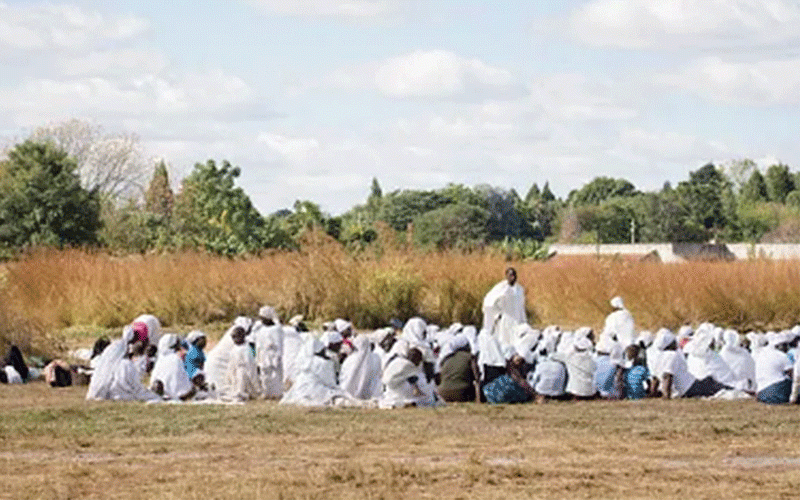
TWO men from Kariba, who were attacked by wild animals in separate incidents on Tuesday, are in hospital fighting for their lives.
The first victim was attacked by a hippo in the early hours of the day while walking through Chemhere grounds in Nyamhunga.
The aggressive animal inflicted a deep cut on his leg and he was rushed to Nyamhunga Clinic for initial treatment before being transferred to Kariba District Hospital.
Just hours later, another man was attacked by a crocodile, while fishing in Lake Kariba in the evening.
The crocodile’s powerful jaws clamped down on his arm, causing severe injuries.
He was also taken to Nyamhunga Clinic before being referred to Kariba District Hospital where the two victims are receiving treatment.
“We are worried about the rapid escalation of human-wildlife conflicts,” said George Masendu, the councillor for ward 6 in Kariba.
“As you are aware, the only source of food, especially for the Kariba community, is Lake Kariba. There are no jobs, and most of our community relies on fishing, which puts them at risk of encountering dangerous wild animals.”
- Mavhunga puts DeMbare into Chibuku quarterfinals
- Bulls to charge into Zimbabwe gold stocks
- Ndiraya concerned as goals dry up
- Letters: How solar power is transforming African farms
Keep Reading
Zimbabwe has experienced a surge in human-wildlife conflicts in recent years, particularly in areas surrounding national parks and wildlife reserves.
According to the Zimbabwe Parks and Wildlife Management Authority (ZimParks), about 300 people were killed in human-wildlife conflicts across the country between 2019 and 2024.
ZimParks has attributed the increase in human-wildlife conflicts to loss of habitat, forcing animals to encroach onto communities in search of food and water, resulting in such encounters. In the first quarter of this year, 18 people were killed in human-wildlife conflicts in the country.










